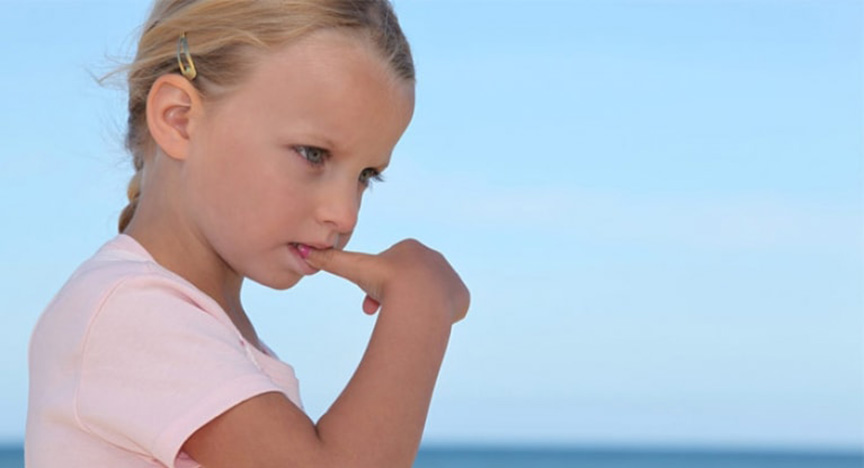
Anxiety is common in children and young people, and is characterised by the feeling of worry, nervousness or fear. In some situations a little anxiety can actually be helpful, as it can make us more focused, motivated and able to solve problems more efficiently. But how do you know when your child may need extra help for their anxious feelings?
Anxiety becomes a problem when anxious feelings start to impact on things a child or young person usually enjoys, and interferes with quality of life. The severity of symptoms can depend on a number of factors and can have a negative impact on physical and mental health. These symptoms may pass quickly or hang around for a longer period of time.
What to look out for
The common symptoms of anxiety are:
- Feelings – being overwhelmed, being afraid or nervous, worrying, irritability, constant bad moods.
- Thoughts – mind racing or going blank, feeling like you’re losing control, indecisiveness, feeling like you’re going crazy, fear of people’s judgement, unwanted or intrusive thoughts.
- Behaviour – withdrawing or avoiding feared situations, being startled easily, seeking reassurance, becoming upset if there is a mistake or change to routine, being argumentative.
- Physical sensations – pounding heart, chest pain, shortness of breath, dizziness, headaches, nightmares, sweating, numbness, choking, dry mouth, hot or cold flushes.
If any of these symptoms are affecting your child’s life, it is important to seek professional help as soon as possible. The earlier the signs and symptoms of anxiety are recognised, the sooner he or she will receive the help they need and start on the road to recovery.
Where to seek help?
If your child’s anxious feelings are starting to impact on their daily activities then speak with a health professional to work out a plan for helping your child cope with these anxious experiences. This can be a general practitioner (GP), psychiatrist, psychologist, counsellor, mental health nurse or social worker.
What is the treatment?
Effective treatment helps your child learn how to control their anxiety so it doesn’t control them. The type of treatment they receive will depend on the type of anxiety they are experiencing.
For mild anxiety, treatment can involve lifestyle changes, such as regular physical exercise and reducing stress levels. If symptoms of anxiety are moderate to severe, psychological and/or medical treatments are likely to be required such as cognitive behaviour therapy or therapeutic medications.
The key is to find the right treatment and the right health professional for your child’s needs. Different treatments work for different people. Your child’s GP or mental health professional can explain the options with you.
Generally the goals of treatment for anxiety are to:
- provide an independent perspective;
- help the person identify how they are feeling, and why;
- teach them ways to cope with and recover from anxiety;
- help them achieve their goals.
Recovering from anxiety
With the right treatment and support, children and young people can recover from anxiety. There are a few things parents and carers can do to help them stay on the road to recovery, including:
Keeping your child physically healthy by ensuring they eat a healthy diet, have physical activity (sports, etc) and get enough sleep.
Building a support network of family and friends your child can talk with and provide practical help.
Remember, most children and young people will experience anxious or worried feelings at different times in their life. It’s important, as parents to stay calm, let your kids know you care and remain approachable. With appropriate education and treatment children and adolescents can recover and understand that anxiety is not something that has to be surrendered to, accepted as it is, or endured forever.